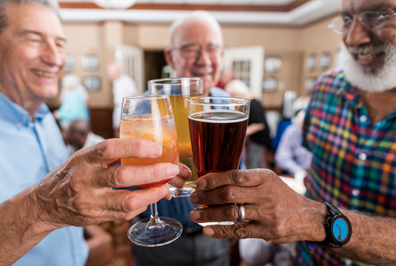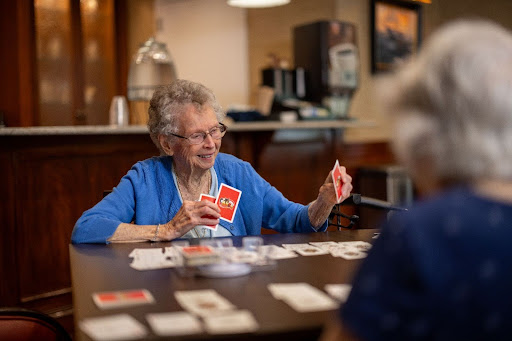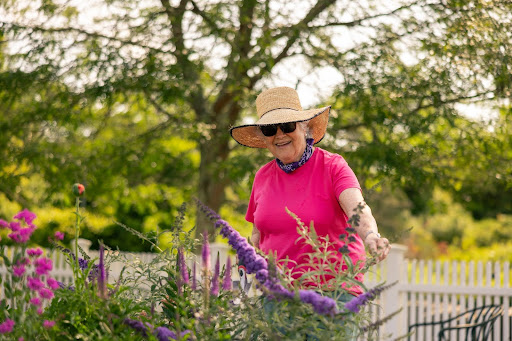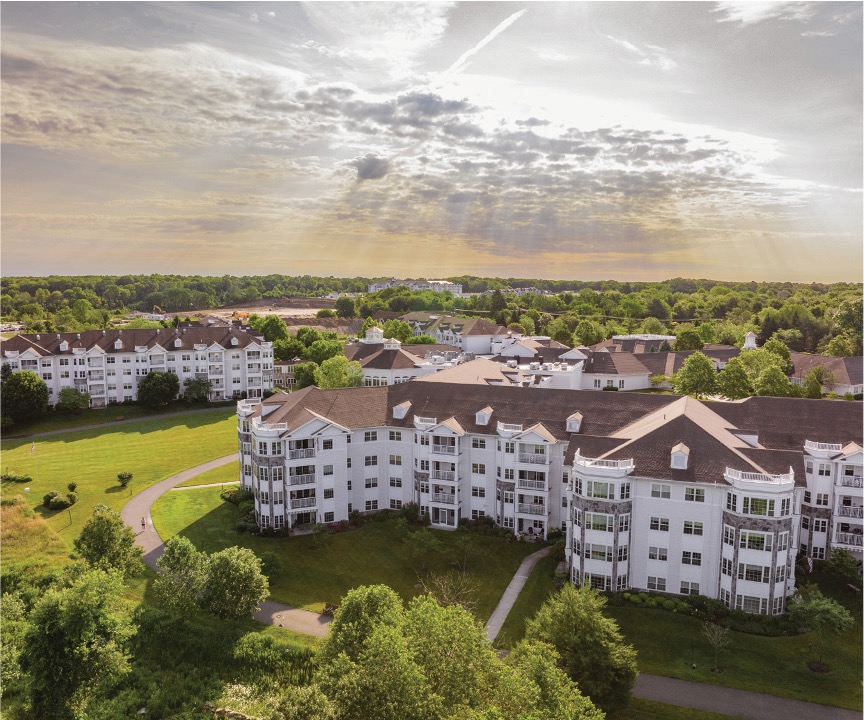
Contact
The Importance of Making Friends and Socializing as a Senior
Why Staying Connected is Good for Your Health
It seems the older you get, the harder it is to maintain social connections. One day, you’ve got a house full of kids and a neighborhood full of friends. The next, you wake up to an empty house and a neighborhood that’s changed beyond recognition. Family members have moved away. Good friends have passed away. And your world shrinks as you become more and more isolated.
Social Isolation is Killing Us
Social isolation has serious physical, mental and emotional consequences. Poor sleep quality, impaired immunity, increased inflammation and higher levels of stress hormones have been linked to social isolation. One study found that isolation increases the risk of heart disease by 29% and stroke by 32%.
Social isolation may also accelerate cognitive decline. A Drexel University study of over 1100 seniors found the rate of cognitive decline was 70% higher in people with low social activity.
Take Steps to Connect With Others
If you or someone you love is struggling with isolation or loneliness, you can start by taking an Isolation Assessment from Connect2Affect, a project of the AARP Foundation. It can help identify risk factors, and it offers suggestions for getting more connected.
Here are some other simple steps you can take to enlarge your social circle and make friends as a senior:
- Search Facebook groups related to your interests. It can help you feel part of a larger community.
- Check out com to find local groups that get together for various activities such as local history, photography or pets.
- Set up a regular coffee date with a friend.
- Volunteer at a nonprofit, school, or civic group.
- Explore options for group activities at your local church, mosque or synagogue.
- Join a fitness class at your community center.
Social Wellness Goes Hand in Hand with Senior Living
If feelings of isolation and loneliness diminish your quality of life, having more social connections can improve it. Research backs this up.
A landmark study on aging comparing wellness outcomes in Life Plan Communities vs. the Community-at-Large found that:
- Life Plan Community participants feel a strong sense of belonging to their communities.
- Life Plan Community participants feel a relatively strong sense of social cohesion and closeness with residents in their community.
- Life Plan Community participants have relatively low levels of loneliness, and residents are less lonely than older adults from the community at large.
- Compared to older adults in the community at large, Life Plan Community participants have more frequent social contact with friends.
These findings suggest that residents of Life Plan Communities experience high levels of social wellness. It’s not surprising. Social support for older adults is built-in at a Life Plan Community. Residents have endless opportunities for connecting with others.
At StoneRidge, opportunities for social connections are a vital part of community life. There are Happy Hours and trivia games. Bridge and billiards. Art classes and outings to local galleries. Book discussions. Resident committees. Nature walks. Plus volunteer opportunities both on- and off-campus. And that’s just a fraction of what’s available. As our residents will tell you, finding opportunities for socialization isn’t the problem at StoneRidge. It’s finding time to fit everyone and everything in.
To learn more about the importance of socialization for seniors at StoneRidge, download our HealthyLife® Services brochure.





